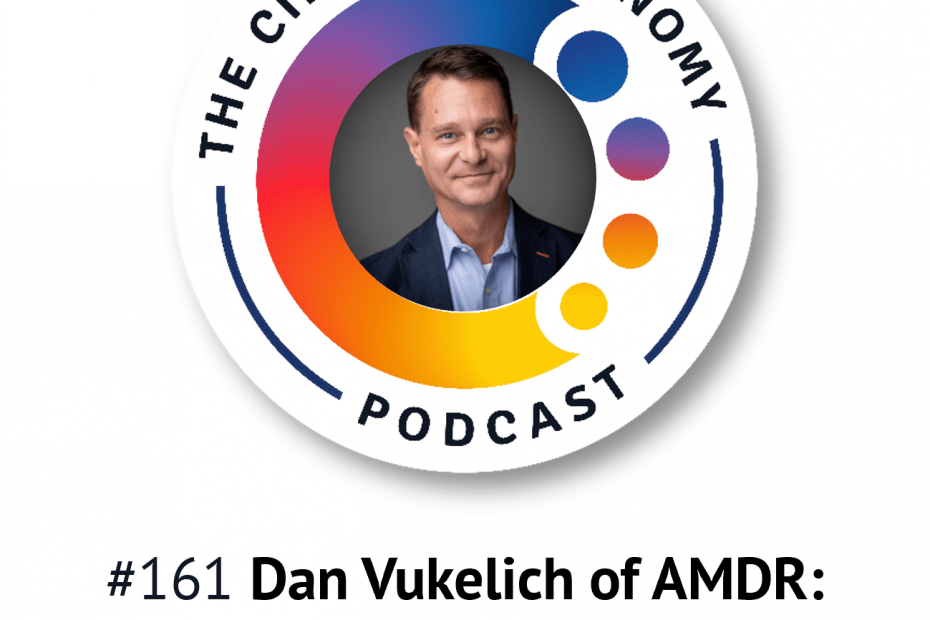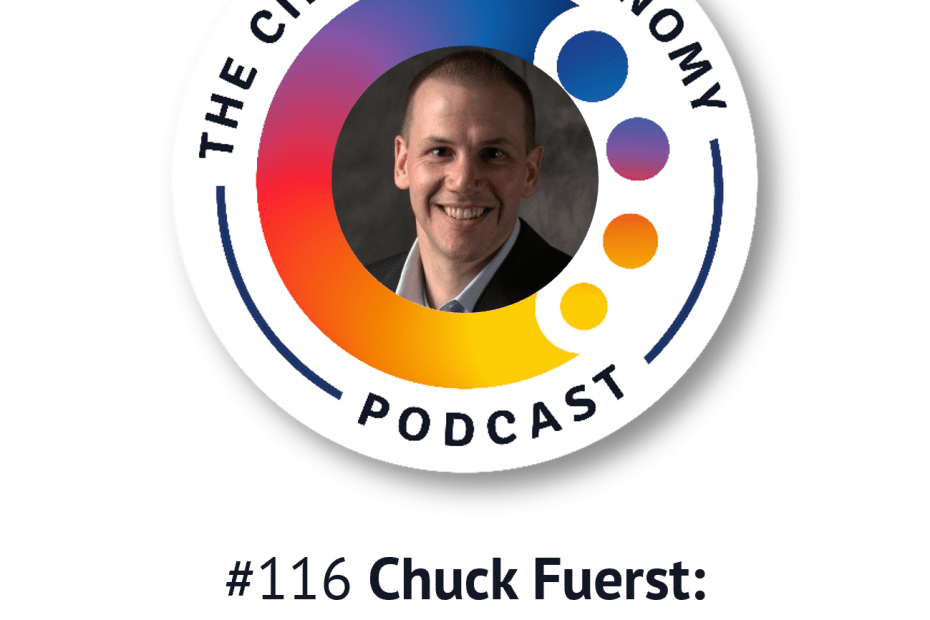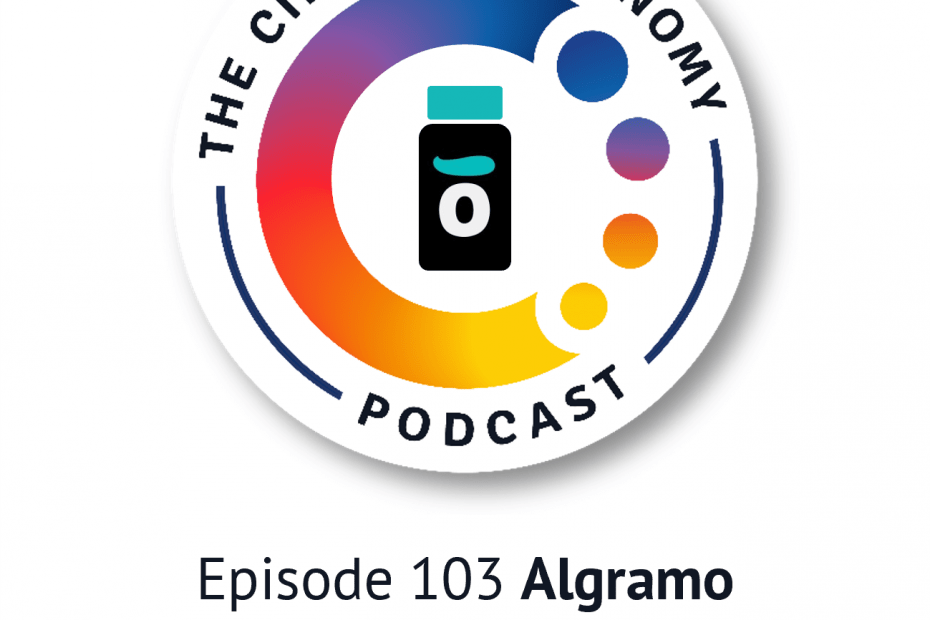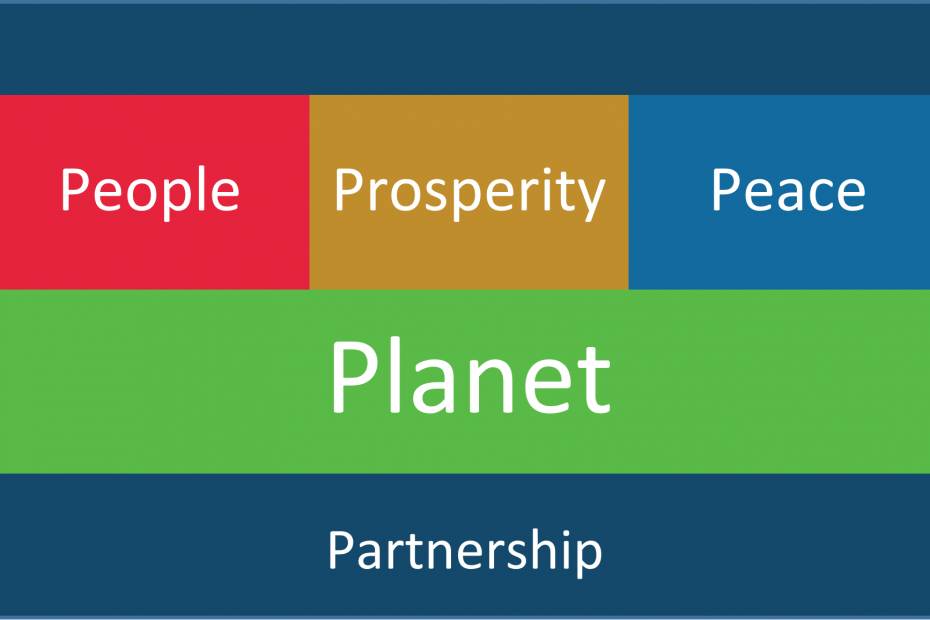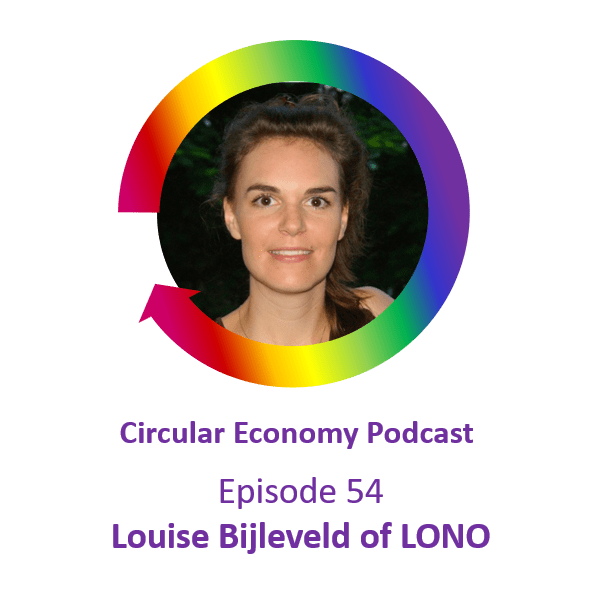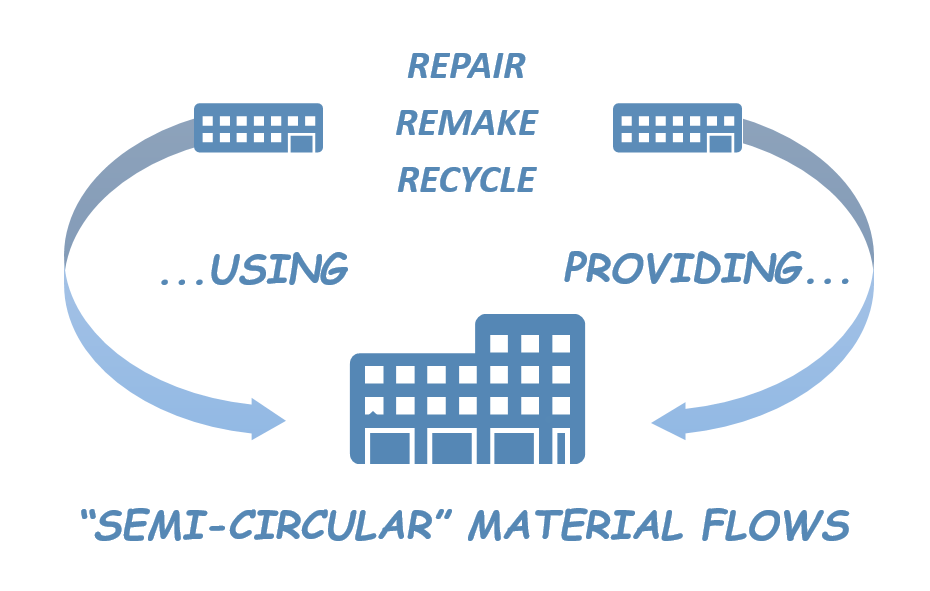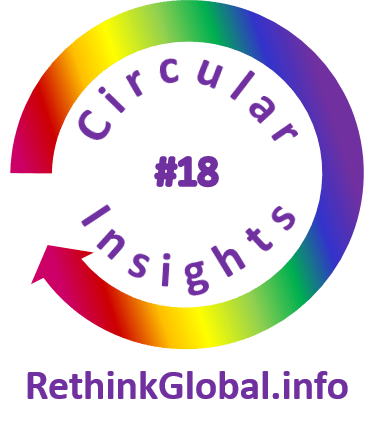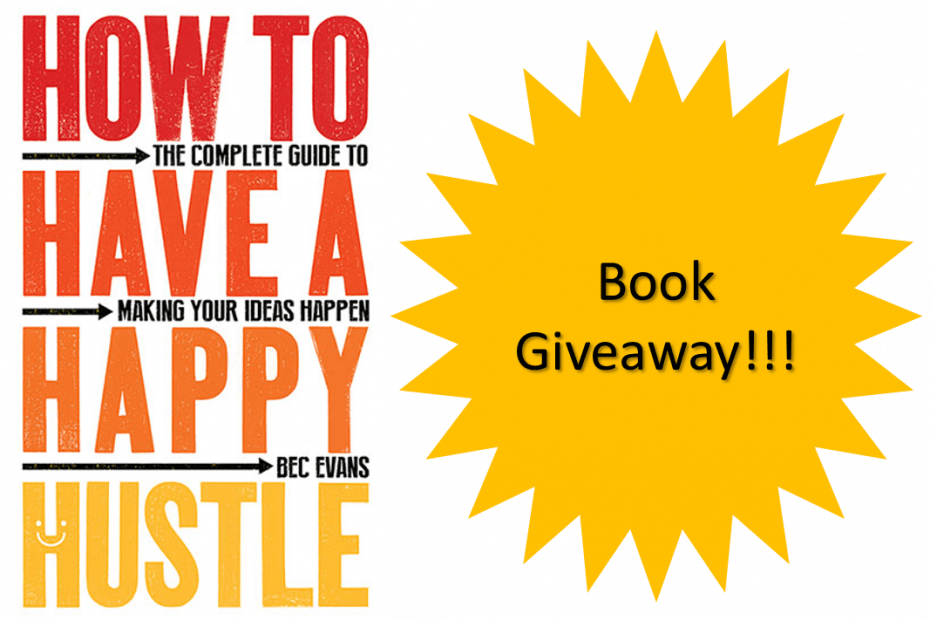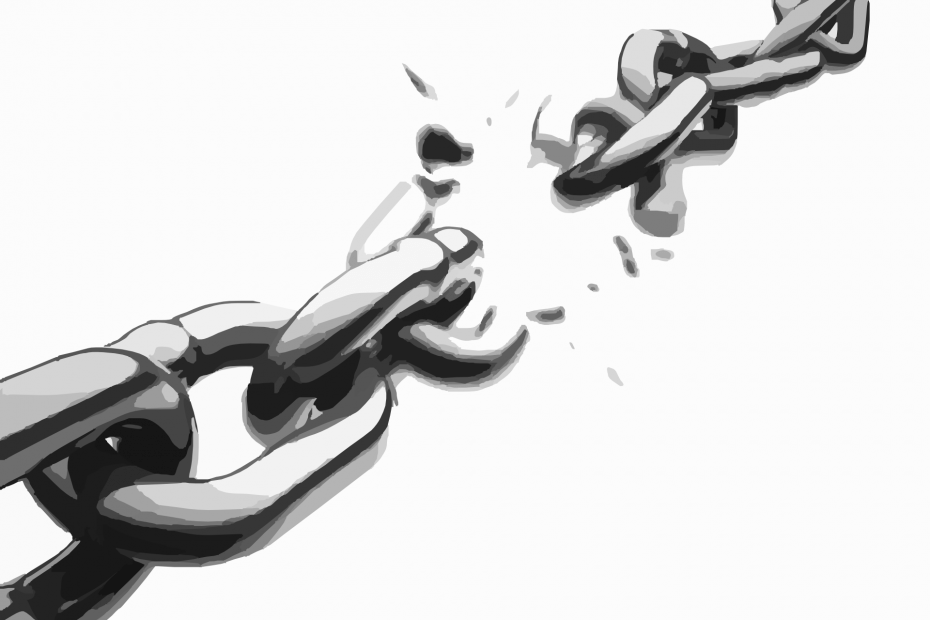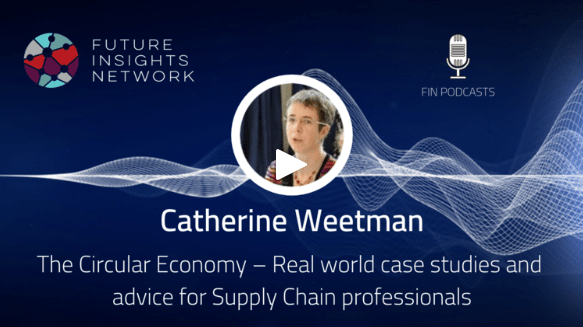161 Dan Vukelich of AMDR: medical device reprocessing
Dan Vukelich, President of the Association of Medical Device Reprocessors, has spent 25 years campaigning and working to encourage reuse and remanufacturing of ‘single use’ medical devices, first in the USA and now in Europe and other countries.
To give you a feel for the scale of this, in 2024, over 55 million single-use devices were reprocessed and reused across 17 countries in Asia-Pacific, Europe and North America. By doing that, hospitals saved the equivalent of over USD 450 million. The interest in reprocessing and reuse really took off during the pandemic, and since then, supply chain disruption has become more of an ongoing risk for hospitals.
The Association of Medical Device Reprocessors (AMDR) was founded in 1999. It supports its members around regulation, legislation, and standard-setting, so hospitals and healthcare providers can increase quality, reduce cost, cut waste, lower emissions, and strengthen their supply chains.
Dan explains what reprocessing includes and talks us through the categories of devices that are currently reprocessed and remanufactured. He describes how the medical sector has shifted from high-quality materials that could be easily sanitised and reused, to a situation where even very complex and expensive devices are designed to be disposed of after just one use, wasting finite and critical materials.
We talk about the ethical and legal issues of reprocessing, and the role of regulations and standardization. Dan helps us understand the challenges for hospitals and how the shift to single-use has added a lot of extra costs to the health system and impacts all of us, either directly or as taxpayers. Dan also points to an important long-term trend, as more and more equipment manufacturers get involved, rather than pushing back on reuse.
